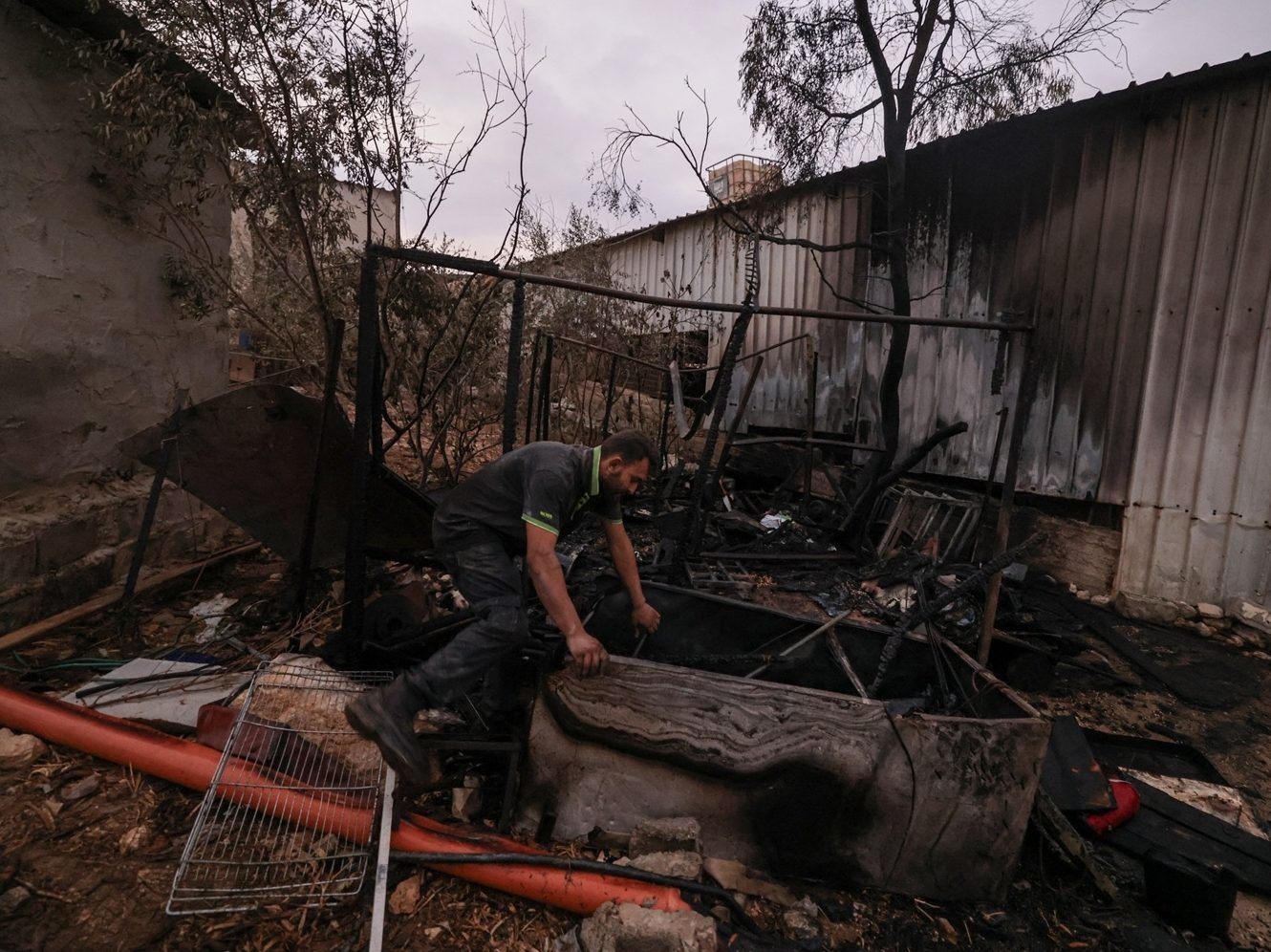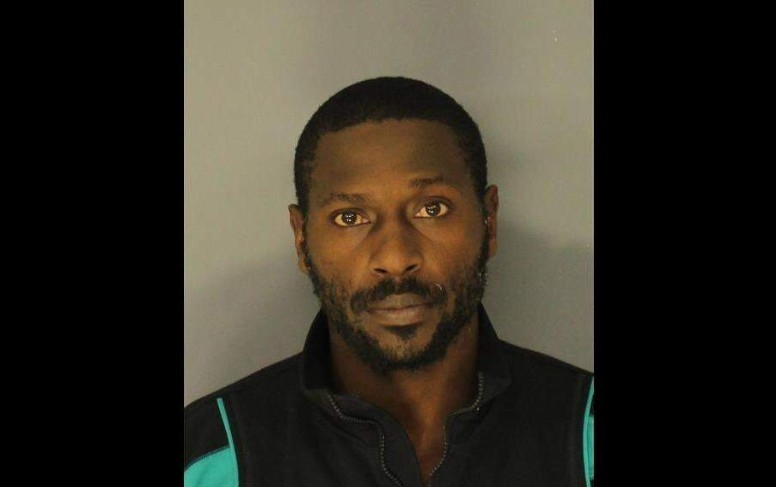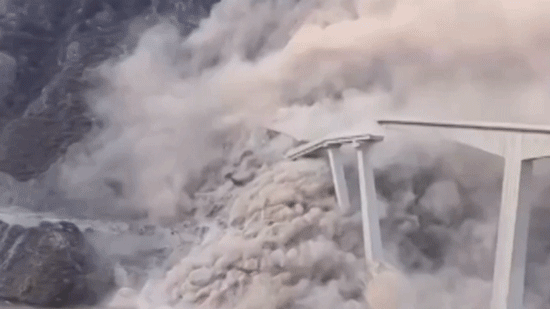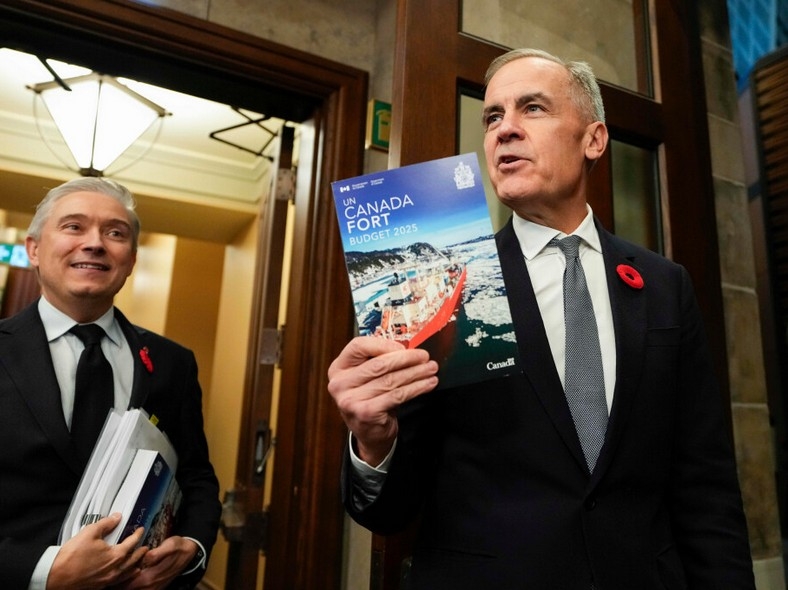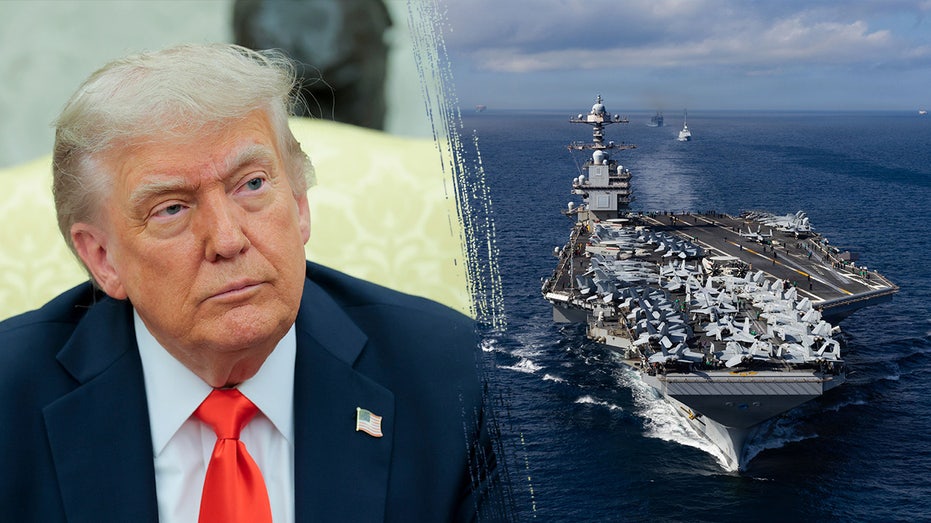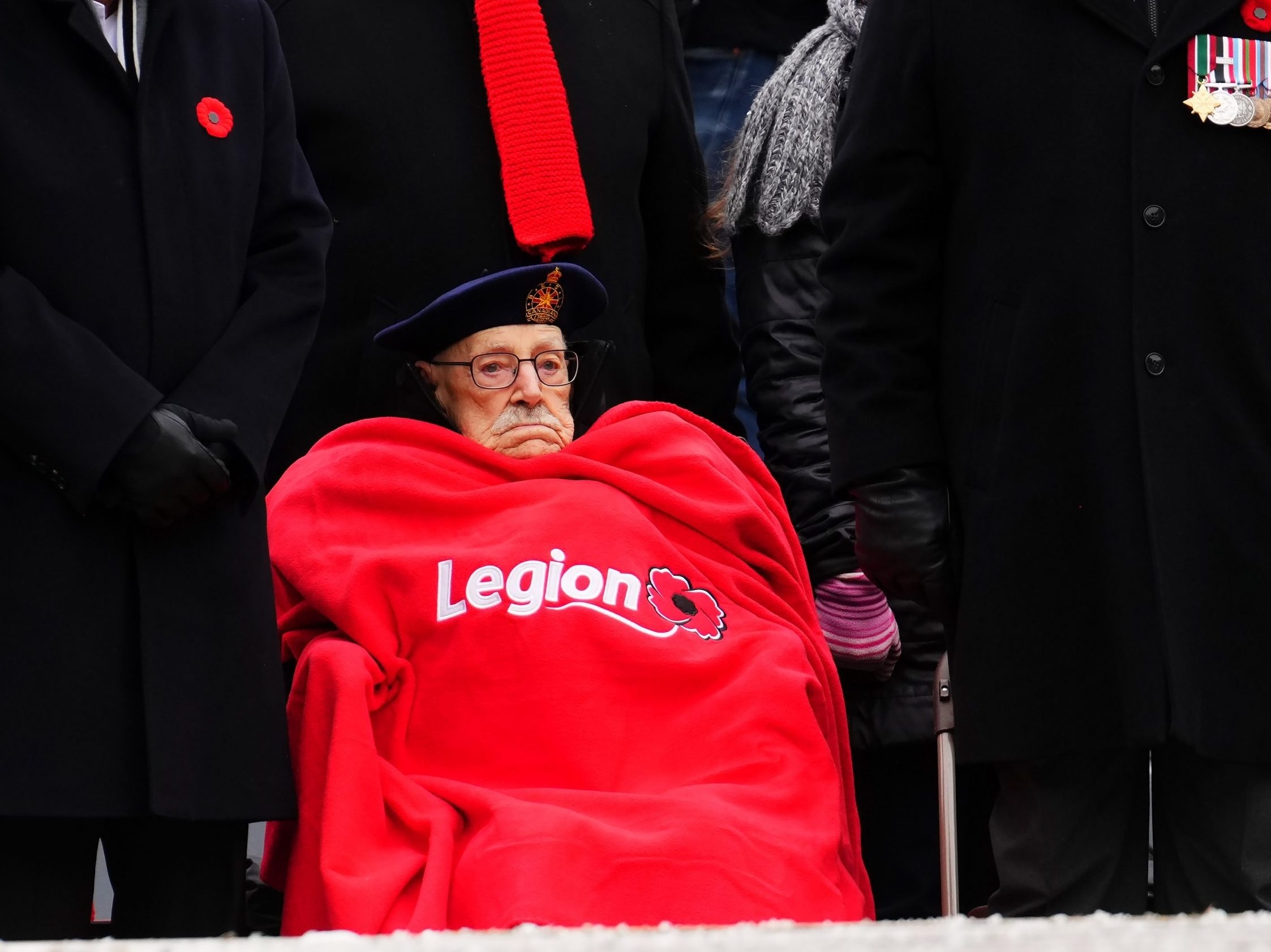A dramatic rupture is unfolding between Colombia and the United States, as Colombian President Gustavo Petro has ordered a halt to intelligence sharing with U.S. security agencies. This decisive action stems from escalating concerns over U.S. military strikes targeting suspected drug traffickers in the Caribbean Sea and the eastern Pacific.
Petro’s announcement, delivered via a message, demands an immediate cessation of all communications and agreements with U.S. forces until the strikes cease. He frames the issue as a matter of fundamental human rights, asserting that the fight against drugs cannot supersede the safety and dignity of Caribbean communities.
The catalyst for this crisis is a growing death toll. At least 75 people have been killed in U.S. military operations since August, raising accusations of extrajudicial executions. These strikes, initially concentrated near Venezuela, have expanded to target vessels off the coast of Mexico.
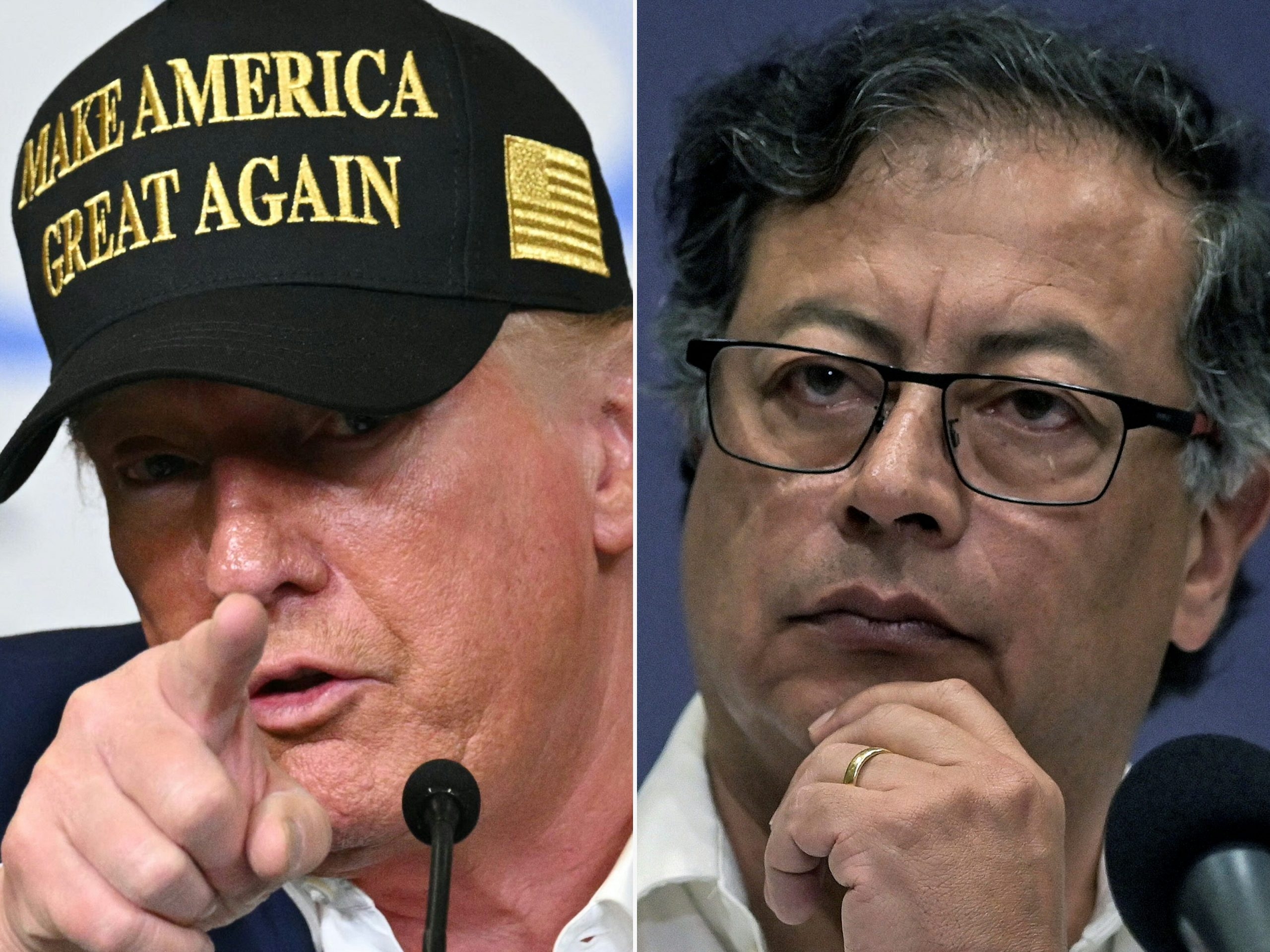
Petro has gone further, calling for an investigation into U.S. President Donald Trump for potential war crimes. He argues that the operations have tragically claimed the lives of innocent civilians from Venezuela, Ecuador, Colombia, and Trinidad and Tobago, individuals who deserved a trial, not a death sentence.
The Colombian leader recently met with the family of a Colombian fisherman allegedly killed in one of these strikes, a personal encounter that fueled his outrage. He poignantly questioned the justification for taking a life without due process, regardless of the cargo a vessel might carry.
The Trump administration has responded with criticism, accusing Petro of being lenient on drug traffickers and objecting to his decisions regarding the extradition of former rebel leaders involved in the drug trade. This tension escalated with the imposition of financial sanctions on Petro and his family, alleging their involvement in the global drug trade.
Treasury Secretary Scott Bessent stated the sanctions were a direct response to Petro’s perceived inaction, claiming he had “allowed drug cartels to flourish.” The administration insists its actions are necessary to protect the United States from the influx of illegal drugs.
Adding to the volatile situation, the U.S. has significantly increased its naval presence in the southern Caribbean. Eight warships, a submarine, fighter jets, and marines have been deployed, with the aircraft carrier USS Gerald Ford expected to arrive this month. This buildup has been met with alarm by Venezuela, which views it as a threat to its sovereignty.
Venezuelan officials fear the U.S. military is preparing for strikes against the government of Nicolás Maduro, a claim Washington has neither confirmed nor denied. While the stated aim is to disrupt drug trafficking, hints of broader intervention have fueled regional anxieties.
In response to the escalating threat, Venezuela has announced a large-scale military exercise to protect its airspace. Defense Minister Vladimir Padrino Lopez showcased surface-to-air missile systems in Caracas, signaling a readiness to defend against potential attacks.
Recent reports indicate the U.S. has carried out at least three strikes on alleged drug-running boats in the eastern Pacific, resulting in 14 deaths, further intensifying the already fraught relationship between the two nations.
